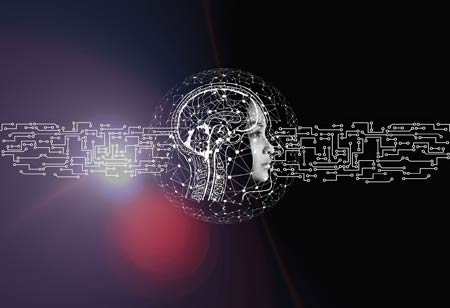THANK YOU FOR SUBSCRIBING
Be first to read the latest tech news, Industry Leader's Insights, and CIO interviews of medium and large enterprises exclusively from Education Technology Insights
Social Emotional Learning: What You Need to Know
Schools are growing more multicultural and bilingual, with students from various socioeconomic backgrounds.

By
Education Technology Insights | Tuesday, May 02, 2023
Stay ahead of the industry with exclusive feature stories on the top companies, expert insights and the latest news delivered straight to your inbox. Subscribe today.
Social-emotional learning (SEL) is a teaching method that teaches students of all ages how and where to better understand their emotions, feel them fully, and empathize with others.
Fremont, CA: Schools are growing more multicultural and bilingual, with students from various socioeconomic backgrounds. Teachers and community groups provide students several reasons to participate in learning, perform positively, and flourish academically. Social and emotional learning (SEL) improves students' ability to thrive in school, work, and life by providing a foundation for safe and pleasant learning.
What Is the Definition of Social-Emotional Learning (SEL)?
Social-emotional learning (SEL) is a teaching method that teaches students of all ages how and where to better understand their emotions, feel them fully, and empathize with others. These oriented behaviors are intended to aid students in making constructive, responsible decisions, developing methods for accomplishing their goals, and form positive relationships with others. Let's see the Key Components of Social-Emotional Learning (SEL)
• Self-Awareness: The most crucial skill in social-emotional learning is commonly referred to as self-awareness. It is the ability to perceive one's feelings, thoughts, and values and to recognize how they influence one's conduct in various situations.
• Self-Management
Self-management is a concept closely related to self-awareness and develops in various ways as a result of it. Self-management is the capacity to properly regulate emotions, ideas, and behaviors in different situations to achieve personal goals.
• Social Awareness
The third skill domain associated with social learning is social awareness. It's a good idea to think about it in terms of self-awareness. Although self-awareness is concerned with a student's ability to grasp oneself and their behaviors, social awareness is concerned with being more attentive and respecting others.
• Relationship Skills
The fourth main skill area associated with social-emotional learning is relationship skills. Relational skills are the ability to develop and sustain meaningful connections with people and understand how to properly communicate with others while avoiding harmful social effects.
• Responsible Decision-Making
The final key part of social-emotional development is responsible decision-making. This skill may be characterized as the ability to make ethical, safe, compassionate, & productive decisions while being aware of the consequences of one's actions or the expected outcomes of alternative options.







